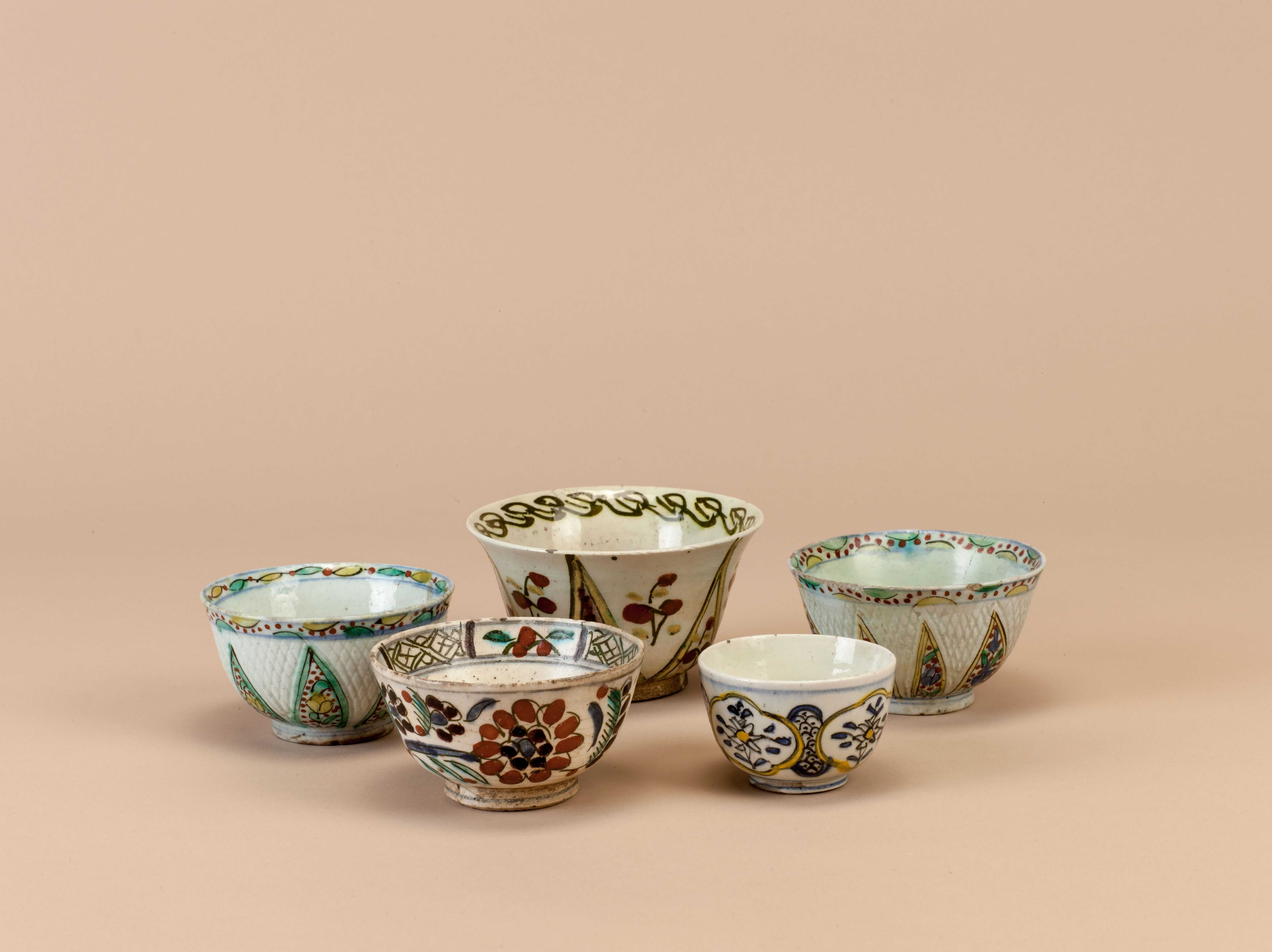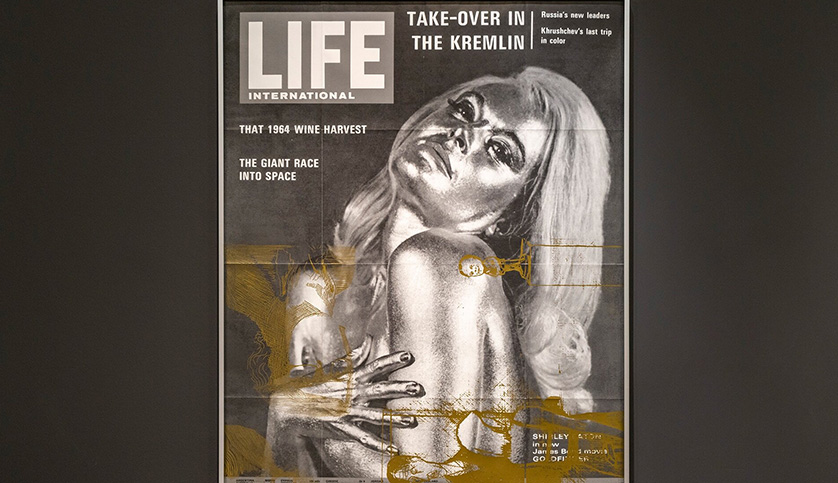Director: Vouvoula Skoura
Greece, , 2008, 52', b&w, color
Greek with Turkish subtitles
The film reconstructs through an array of visual fragments, a multiplicity of languages, of peoples and their identities, the unique portrait of the poet and painter Etel Adnan. The film is based on Adnan’s correspondence with Professor of History Fawwaz Traboulsi and on fragments of her conversations with Vouvoula Skoura as recorded in Paris and the Greek island of Skopelos. Etel Adnan has lived through and experienced the troubles of the 20th century in Europe and the Middle East. Her origins caught between the two worlds, she attempts to comprehend their differences and is able to synthesize them under her deeply humanistic gaze. At the same time, she retraces those minute Greek instances in memories of her mother and recollections of her father in a universe of tales and poetry composed in Arabic.

Coffee was served with much splendor at the harems of the Ottoman palace and mansions. First, sweets (usually jam) was served on silverware, followed by coffee serving. The coffee jug would be placed in a sitil (brazier), which had three chains on its sides for carrying, had cinders in the middle, and was made of tombac, silver or brass. The sitil had a satin or silk cover embroidered with silver thread, tinsel, sequin or even pearls and diamonds.

Inspired by the exhibition And Now the Good News, which focusing on the relationship between mass media and art, we prepared horoscope readings based on the chapters of the exhibition. Using the popular astrological language inspired by the effects of the movements of celestial bodies on people, these readings with references to the works in the exhibition make fictional future predictions inspired by the horoscope columns that we read in the newspapers with the desire to receive good news about our day.
Tuesday - Saturday 10:00 - 19:00
Friday 10:00 - 22:00
Sunday 12:00 - 18:00
The museum is closed on Mondays.
On Wednesdays, the students can
visit the museum free of admission.
Full ticket: 300 TL
Discounted: 150 TL
Groups: 200 TL (minimum 10 people)